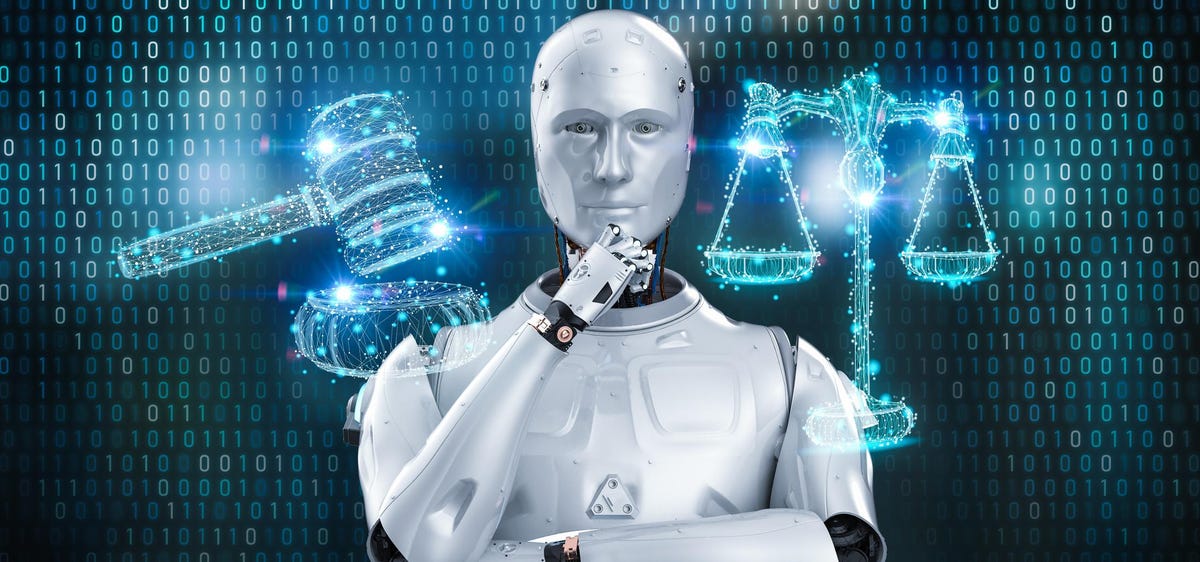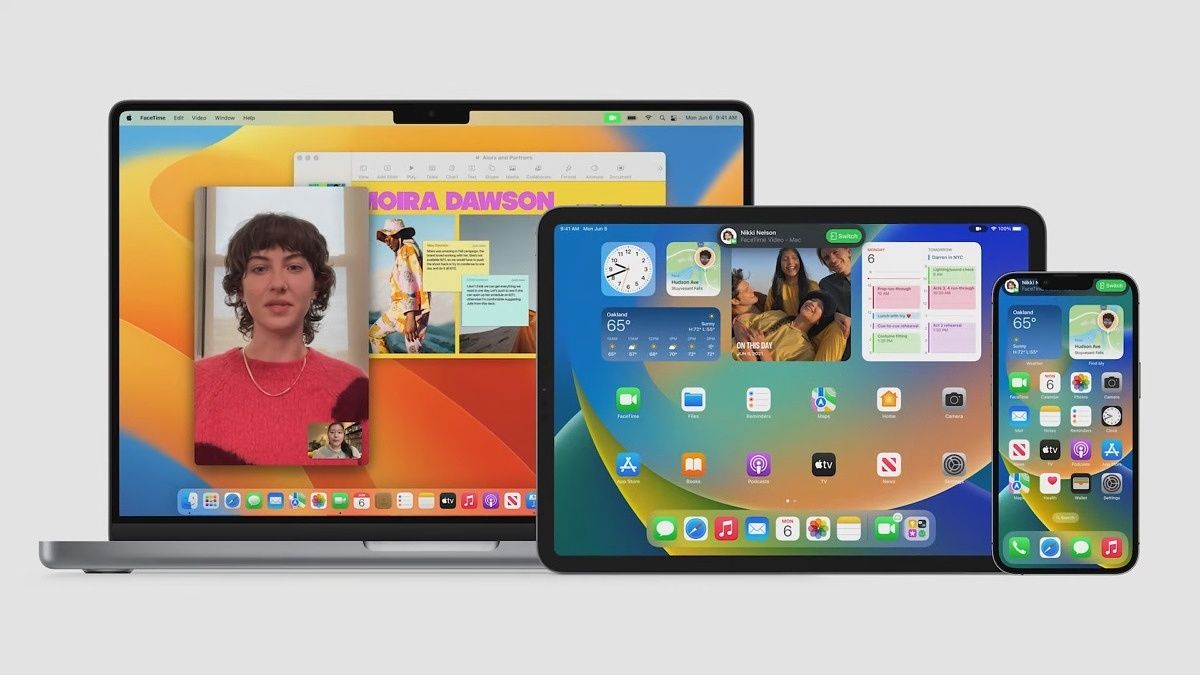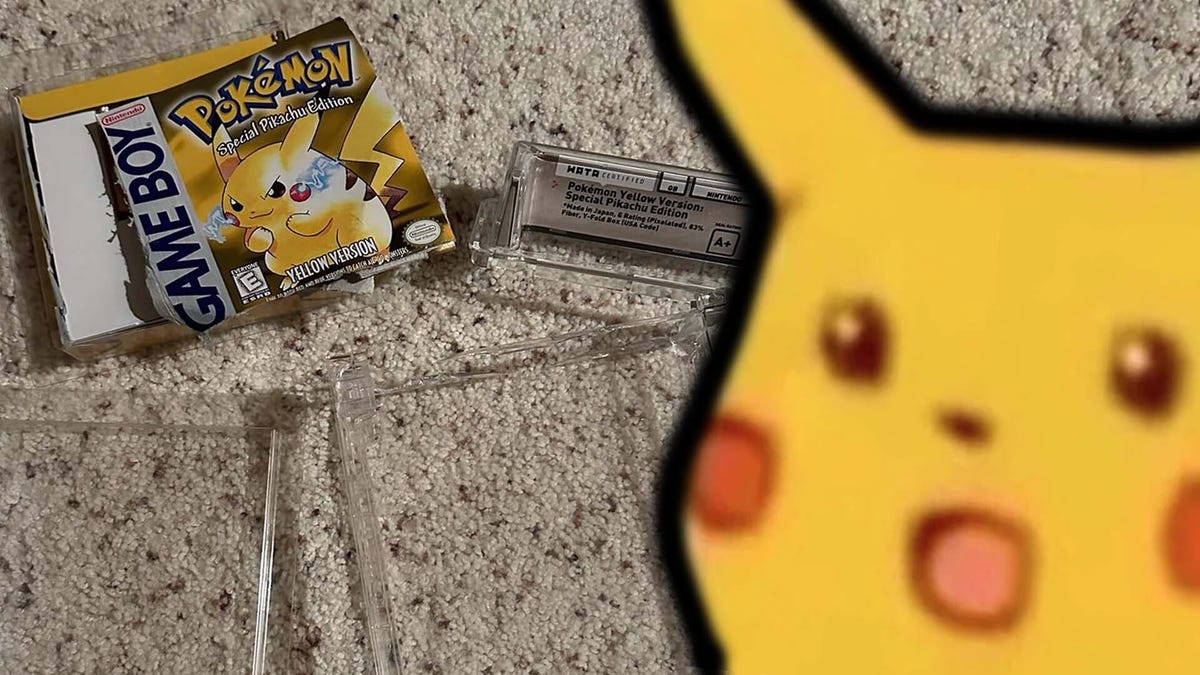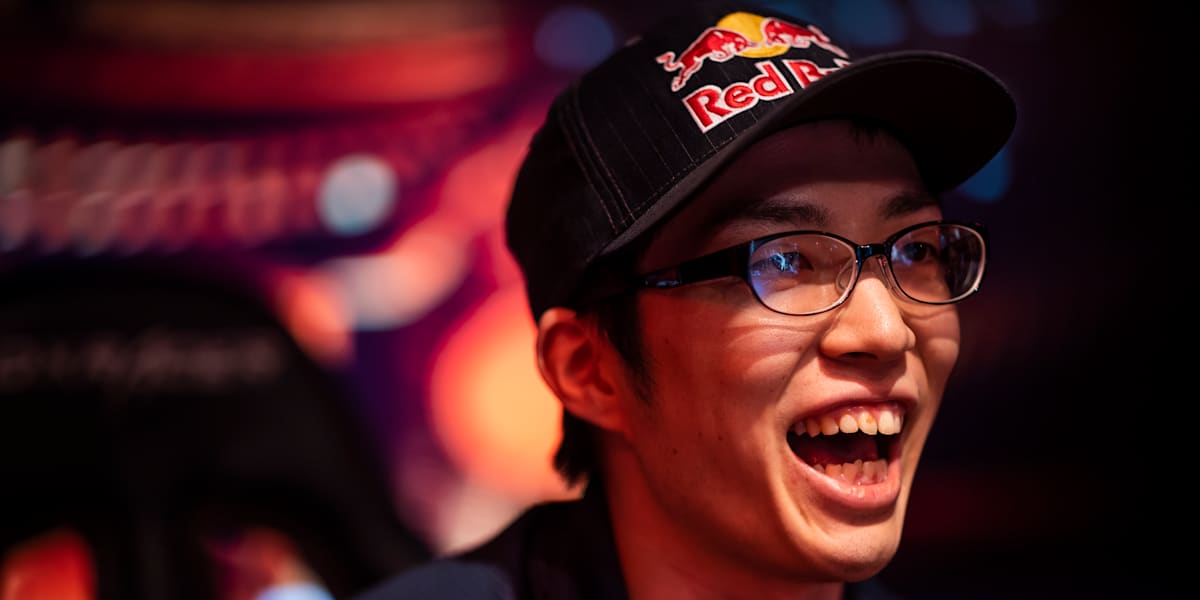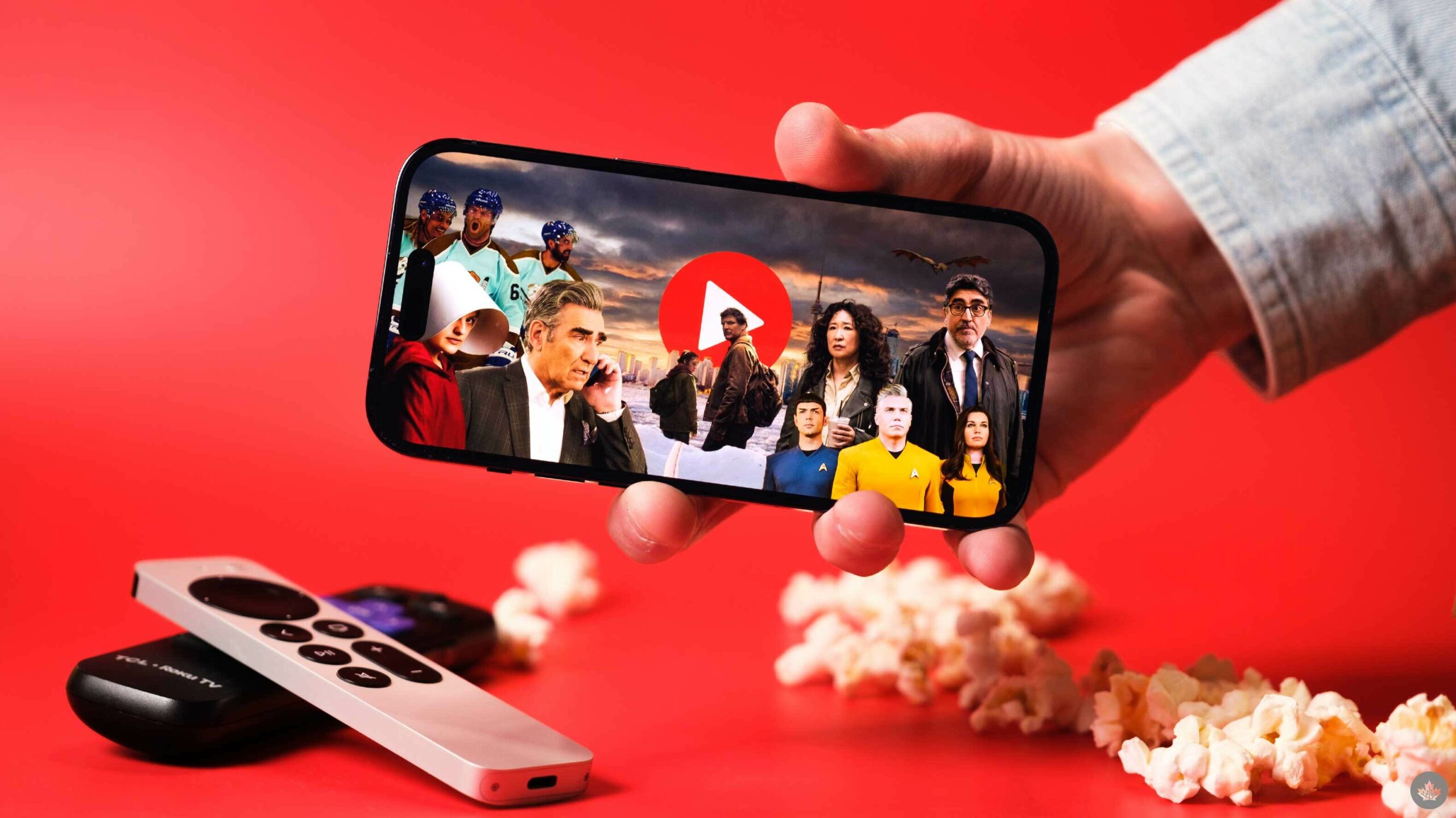Cyber law or internet law concept with 3d rendering ai robot and law scale and club gavel judge
The wild west of intellectual property rights in AI
In the past, intellectual property rights in AI were generally overlooked. Technology moved very quickly, most systems published in academic literature rarely progressed beyond proof of concept, and industrial strength platforms resulted in paradigm shifts only in niche markets and rarely warranted patent application.
As someone who founded an AI company in 2014 at the cusp of the deep learning revolution, I still have a memory of how it all began. In 2014 and 2015, deep neural networks began to outperform humans in many tasks, including image recognition and basic computer games. And while much of this research was published openly, some of the companies began to build significant portfolios of intellectual property. I remember that after Google’s acquisition of DeepMind we were analyzing the IP landscape, many of the published concepts had patents pending. We decided to follow their path. At that time, in order for an AI company to substantiate the valuation, venture capitalists advised to patent some of the core technologies and we got several granted patents on transcriptomic, proteomic and microbiotic predictors of biological age, many generative concepts in chemistry, biology and even methods that link the two fields. Today, even a high school student can replicate this work, but a decade ago, when deep learning researchers were very few and expensive, engaging in this type of research was very risky. However, when it came to enforcing these patents, it became clear that this is not a common practice. Furthermore, violations are very difficult to prove in server-side industrial systems. But we continued patenting also to show some of the partners that the software they are licensing is based on the original work. And to date, we have not prosecuted the potentially infringing parties. The market for AI in drug discovery is relatively small and most of the value is not in IP around AI but in patents around specific therapeutic programs.
It is likely that Google also followed a similar line of thinking when it came to the many AI startups. Licensing their AI patents just didn’t make much business sense and building the AI ecosystem was a community effort. But as ChatGPT, DALL-E and other paradigm-shifting tools take the market by storm, challenging Google as the dominant player in AI and undermining its core business – search, Google’s approach to IP protection may be changing.
Google holds critical IP in systems that use self-awareness
And when it comes to IP protection in AI, I know of no company stronger than Google. I remember our teams spending weeks making sure the architectures were unique enough to avoid any possible infringement of Google’s IP. Even DeepMind, a wholly owned subsidiary of Alphabet, has a very strong IP position in the area. A simple WIPO search yields over 800 results.
Google is also the original inventor of the basic self-awareness methods used in transformer architectures. It was Google researchers who made crucial breakthroughs in transformer networks that paved the way for GPT-3. In 2017, at the Neural Information Processing System (NIPS, later renamed NeurIPS) conference, Google researchers presented a landmark paper titled “Attention is all you need”. As of January 2023, this paper has been cited over 62,000 times, making it one of the most cited papers in AI.
A screen capture of a groundbreaking paper on transformer neural networks
And a simple patent search from WIPO and Google yields a very comprehensive and broad patent covering this powerful method.
A screenshot of the Google Patents search results for one of the core patents covering self-attention … [+]
Apparently, the patent application was filed on June 28, 2018, about a year after the paper appeared on the preprint server on June 12, 2017, and the current status says the patent is granted.
The patent is well known as OpenAI
A very prominent early stage AI powerhouse, OpenAI was originally formed as a non-profit. I tried to find the patents filed under OpenAI and found it a challenging task. The WIPO search returned only a few results for OpenAI srl, which appears to be an unrelated company. A simple Google search yielded no meaningful results, so I asked ChatGPT myself.
A screenshot of ChatGPT results on OpenAI and DeepMind patent positions
It also accurately described the patent situation in deep learning. In fact, IBM, Google, Microsoft, Samsung and Baidu have significant IP portfolios.
ChatGPT on which company has the most patents in deep learning
And, according to ChatGPT, while GPT uses self-awareness, it’s not clear whether Google’s patent would cover the use of self-awareness in the GPT architecture.
A screenshot of ChatGPT output in response to a question about GPT is covered by a Google patent
Will Google try to test or enforce its patents?
While Google has a very strong IP portfolio covering the many areas of AI and it has a granted patent on the use of attention-based sequence transduction in neural networks, it is not known for flexing its IP muscle in artificial intelligence. But as generative AI continues to take the market by storm, and Microsoft integrates OpenAI tools across its vast product ecosystem, this position could quickly change. And ChatGPT has a perfect answer for that.
ChatGPT on whether Google would ever try to use its patents to challenge OpenAI
Don’t be mean
In 2014, Elon Musk, one of the co-founders of OpenAI, made public all of Tesla’s patents to prevent unfair competition in the electric car industry. And OpenAI’s decision not to waste time patenting the core AI technologies likely stems from this philosophy.
While Google pioneered the most important theoretical aspects of generative AI and most certainly has priority in the core technology of neural networks that use self-awareness, it is unlikely to take legal action against OpenAI. Patents are a great way to show priority and protect against patent trolling, but suing other scientific groups in AI is not common. Especially considering the fact that OpenAI was born out of a non-profit run mainly by people dedicated to making this world a better place.
Midjourney AI-generated image using a prompt “illustrate a patent war between Google represented by … [+]
#Google #challenge #OpenAI #selfawareness #patent
